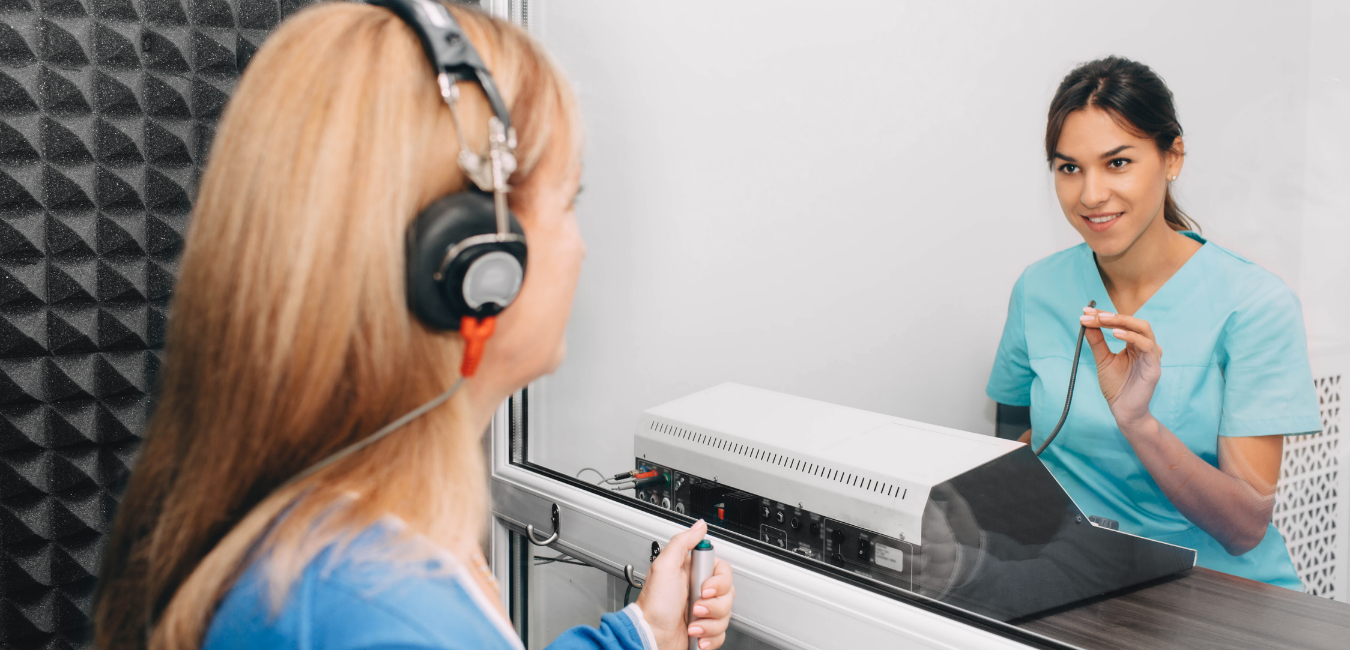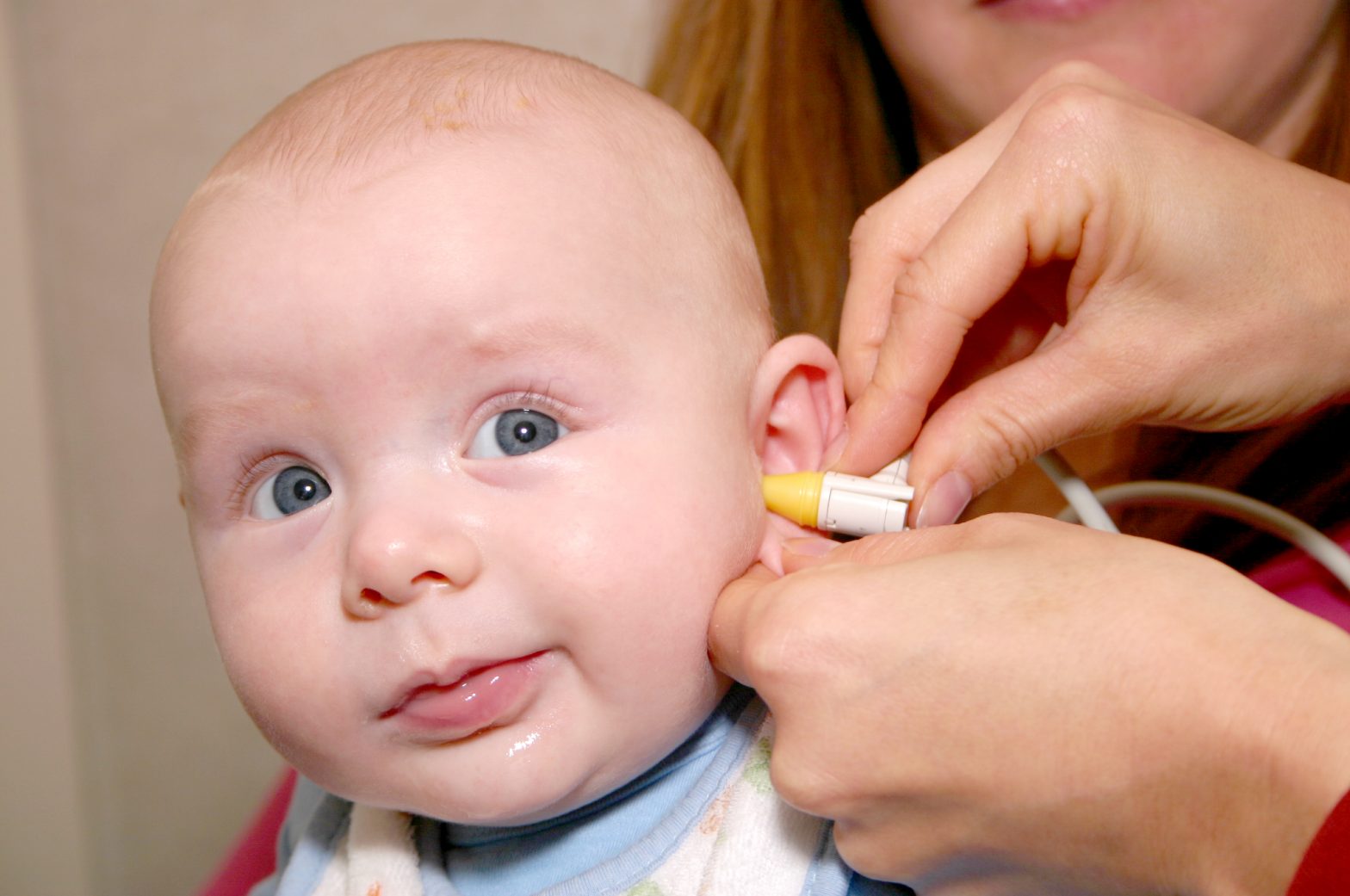What to Expect At a Hearing Test
Almost 10 to 20 percent of the population is affected by hearing loss, yet those who need to wear a hearing aid will wait an average of 10 years before getting the help that they need with their hearing. Around 18% of Canadian adults (or 4.6 million people) suffer from at least mild hearing loss. In many cases, this hearing loss occurs within the speech frequency range, meaning that individuals have difficulty hearing what others are saying.
Still, there are even more individual adults, about 35% or 8.4 million, who suffer from some degree of hearing loss in the high-frequency range, and who have trouble hearing high pitch sounds. All in all, over 1 million Canadian adults have reported having a hearing-related disability. [1]
Early Signs of Hearing Loss
The most common signs of early hearing loss include:
- Frequently asking people to repeat themselves
- Needing to turn the TV up louder and louder
- Having difficulty with a conversation over the phone
- Difficulty hearing in environments with a lot of background noise
These are some of the beginning signs of hearing loss. When you start to suffer from hearing loss, it forces your brain to work harder in order to fill in the gaps to try and make sense of what you are hearing. When you add background noise into the mix, your brain is trying to figure out the cues that you are missing, while trying to reduce the background noise and follow along with the conversation between three or four people, trying to make sense based on the context.
This is where communication starts to break down and where those with hearing loss face more issues in those types of environments. If you find that these are some of the signs that you are noticing, then you should book a hearing test as soon as possible with your audiologist.
What is an audiologist?
An audiologist is a healthcare provider with a university degree related to a comprehensive array of services on the prevention, evaluation, and rehabilitation of hearing impairment and all of its associated communicative disorders. An audiologist has the ability to work with other types of assistive listening devices should hearing aids not be the suitable option for an individual.
What happens during a hearing test?
Hearing tests are easy to take, and they will provide you with immediate results so you can take action to improve your hearing today. A hearing test is the most efficient and reliable way to find out whether you or a loved one is suffering from hearing loss.
During the beginning of your hearing test, your audiologist or hearing instrument specialist will speak to you about your medical history, hearing concerns, and lifestyle to help you get the best professional recommendations possible following the assessment in order to meet your individual needs and preferences.
After that, the physical ear examination will take place. Your ears will be examined to make sure that there are no signs of wax buildup, and your hearing healthcare provider will also take a look at any medical concerns that might be directly related to your hearing loss.
Then, an in-depth hearing aid assessment will take place, which will include a series of different tests on speech, words, tones, and pitches.
Your results will be immediately available following the hearing test, and they will be reviewed with you in detail so you can understand your own level of hearing loss. Your audiologist will then provide you with some professional recommendations while also taking into consideration your hearing aid size and colour preferences, your listening lifestyle, and your budget.
Lastly, your audiologist will conduct a live hearing aid demonstration so you are able to experience the benefits of a hearing device and regain your sense of hearing and confidence.
What happens after a hearing test?
If you decide to go with hearing aids, then after your test your audiologist will take impressions of your ears and schedule a fitting appointment with you two weeks after ordering your aids.
At your hearing aid fitting, your audiologist will check the overall comfort, fit, and aesthetic of your hearing aids set them at a comfortable volume, and verify their sound quality. They will also help instruct you on the use and care of your hearing aids, as well as establish a schedule to help get you started with wearing them. Then, a hearing aid fitting follow-up appointment will be scheduled with your audiologist.
At the follow-up appointment, you will get the opportunity to speak with your audiologist about your experience regarding your hearing aid experience in several different listening situations, and whether or not your hearing objectives have been accomplished.
Your audiologist will then fine-tune your hearing aids to help improve your experience if necessary. Your audiologist can provide you with education and counselling if you need it, and they will also offer future service and counselling as required to make sure that your hearing aids continue to meet your goals and objectives.
For more information about hearing tests, or to book your own, call Hearing Solutions at 1-888-811-9799 or contact us online here.
References:
- “What Happens at a Hearing Test?” Hearing Solutions. (n.d.) https://www.hearingsolutions.ca/what-happens-at-a-hearing-test/








